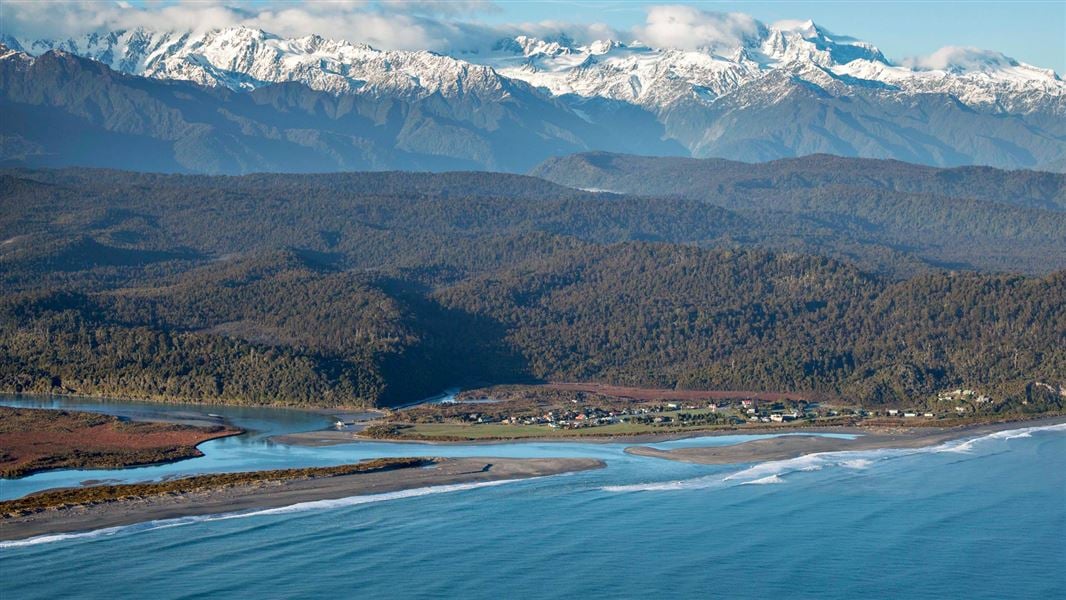
Paula Sheridan and Chris Monson were to put the project to the Westland District Council today.
Surrounded by national park, they said Okarito - home to just 32 permanent residents - was the perfect place to be New Zealand's first dark sky community.
"The Dark Sky is a natural resource that is slipping away across the country and the planet, just like the clean air we breath and the clean water we drink.'’
Joining the International Dark Sky Project like Tekapo - home to the world's largest Dark Sky Reserve - Great Barrier Island, Stewart Island and Nelson would have great nature tourism benefits.
Night sky tourism, a potential collaboration with the new Pounamu Pathway to enhance the cultural and ancestral Maori legends and history of the skies, a Matariki Festival and night sky photography competition were some of the spin-offs being discussed.
In a presentation to councillors, the pair said Okarito already had the advantage of having no current street lighting in place.
To get Dark Sky accreditation light pollution needed to be controlled with a responsible lighting policy that included light only directed to where it was needed, lights off when not needed, warmer toned lighting that was not brighter than necessary, and any fixtures over 1000 lumens to be shielded.
As well as being good for the communities' health and wellbeing, the reduction of artificial lighting would reduce the impact on wildlife and birds, and future-proof the night skies for future generations.
It currently has the support of Bruce Bay-based iwi Te Runanga o Makaawhio and the Okarito Community Association. Further support was being sought from Development West Coast, the Glacier Country Tourism Group, and Forest and Bird.
The application process could take up to two years. They hoped to start it early next year to be launched in 2025.
"Okarito is a special place and the opportunity for us to protect our night skies, our plants, birds, shoreline species and our health from future light pollution can be achieved by becoming part of the International Dark Sky Project.'’
- By Janna Sherman of the Hokitika Guardian












